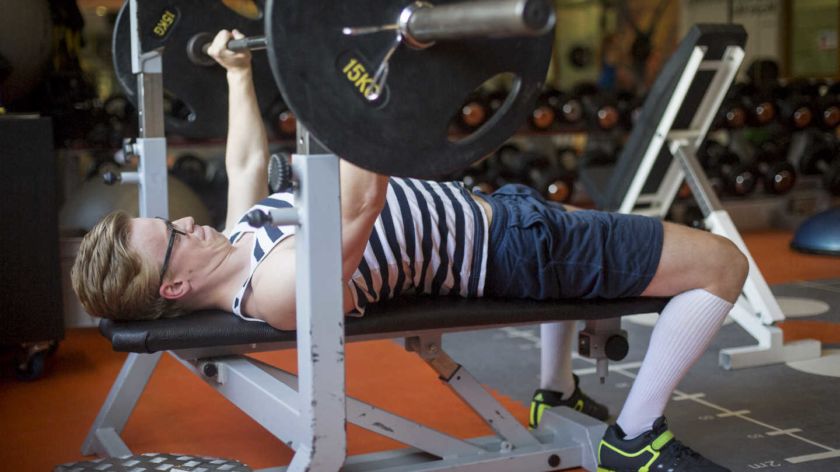-
 Foto: Erik van 't Hullenaar
Foto: Erik van 't Hullenaar
Universities and universities of applied sciences should no longer offer cheap sports and catering facilities. Otherwise they distort the market, according to the cabinet. Cultural offerings and canteens will also become more expensive. What the consequences will be for Radboud University is as yet unclear.
The Ministry of Education, Culture and Science applies the rule that universities and colleges do not finance private activities with public funds, a form of ‘state support’ that Education Minister Eppo Bruins wants to enforce more strictly from 2026. In a letter to all educational boards in the mbo, hbo and wo, the minister says he will therefore strive for a market-based rate for sports and canteens. Now students and staff pay here less than in the city.
Vice President of the Executive Board Agnes Muskens calls this policy line incomprehensible. ‘The well-being of our students is something we all care about,’ said the Vice President of the Executive Board.
‘Research shows that physical activity and sports contribute to the health and well-being of students. Reports cited by the government itself show that regular exercise is associated with lower feelings of pressure and stress among students. So why this measure, which will contribute negatively to student well-being, with all its consequences?’
Resistance
University Association UNL calculates that the new policy will result in a student sports card costing 700 euros annually, instead of around 200 euros now. The association opposes the minister’s intention on behalf of all universities.
‘We see those activities as part of our public duty,’ says spokesman Ruben Puylaert. It’s not just about sports facilities, he warns. It could also affect university museums, valorization of knowledge and further training as part of Lifelong Learning.
The strict interpretation is also wrong, UNL believes. As then VVD State Secretary (and later Prime Minister) Mark Rutte wrote in 2005: the provision of facilities for students is permitted “if this fulfills a function in creating social bonding and a good study climate which promotes study efficiency.”
What the consequences will be for Radboud University is still unclear, a university spokesman says, also because the guidelines are open to multiple interpretations. He points out that the sports center has already implemented rate increases in recent years in response to cost increases. ‘With this, the rates have become increasingly market-based.’
The spokesman expects further rate increases in the coming years, although the amount is still unclear. For the hospitality industry on campus, he does not foresee any consequences. ‘We already have cost-covering prices and a neutral budget here.’
‘Excessive market forces’
Recently, the opposition in the Tweede Kamer crossed swords with the minister over his new policy line. Tweede Kamer member Luc Stultiens (GroenLinks-PvdA) spoke of an ‘incomprehensible measure’, and announced a motion after the debate. He called the new rules an example of ‘excessive market forces’. Should the minister not change his policy, Stultiens wants to know what he will do ‘to prevent negative consequences of this decision, such as declining mental health, cultural alienation and a decline in social cohesion.’
Jan Paternotte (D66) also reacted negatively. ‘Surely this is very strange, to create new rules without any reason. But it fits entirely with Bruins’ policy: to make Dutch higher education as unattractive as possible.’ Life is already expensive enough for students, he believes. ‘And now the cabinet also wants to take away benefits from which generations of students have already benefited.’



